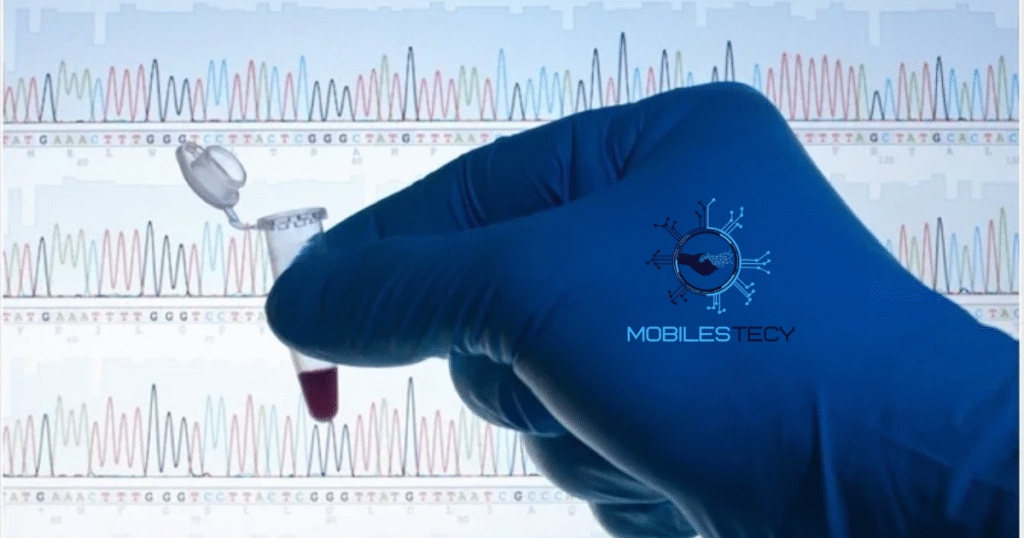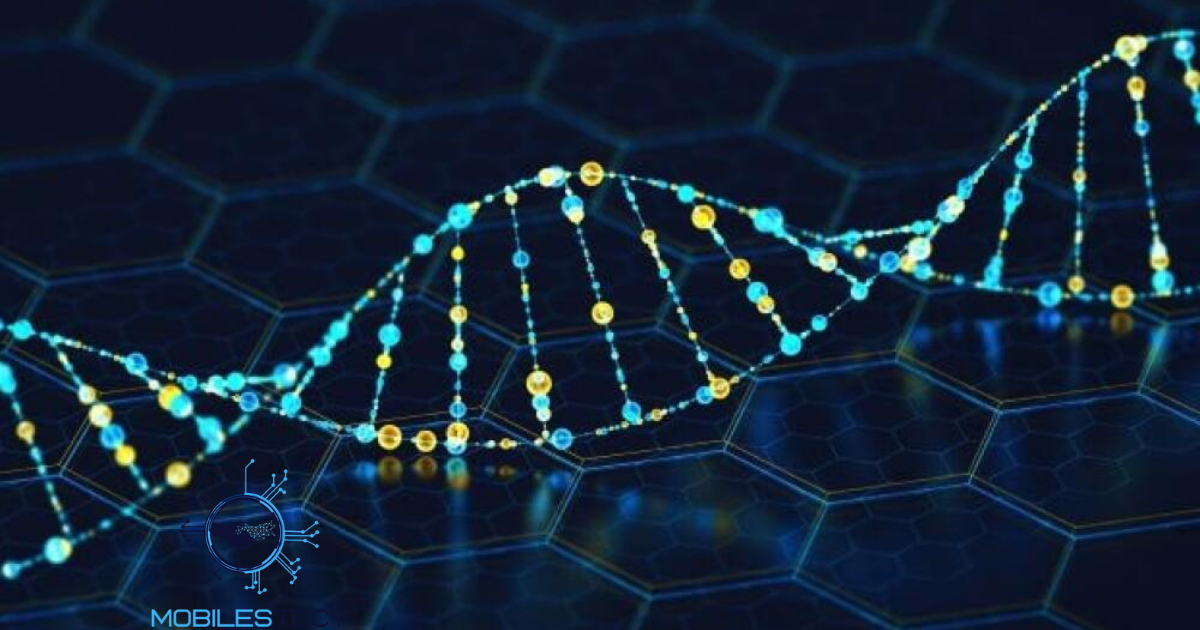Forensic science has become a vital part of solving modern crimes. DNA technology provides unmatched accuracy when identifying individuals in legal investigations. This combination has created a specialized career in forensic DNA analysis. It merges biology, chemistry, and law enforcement into one impactful profession. Students fascinated by science and justice often pursue this dynamic career.
The use of DNA evidence transformed how law enforcement handles difficult cases. It can link suspects to crime scenes or exonerate innocent individuals. Diagnostic DNA analysts play a crucial role in delivering accurate justice. They analyze biological samples, interpret genetic data, and prepare court-ready reports. This career path requires dedication, integrity, and advanced scientific knowledge.
As technology advances, forensic DNA careers are growing in global demand. Rapid DNA sequencing and genetic genealogy expand possibilities in criminal investigations. Future analysts will need adaptability to manage evolving Diagnostic challenges. The field offers intellectual fulfillment alongside societal contributions and justice. For students, it represents a powerful fusion of science and service.
Table of Contents
Understanding Forensic DNA Analysis

Forensic DNA analysis is a specialized career that merges molecular science with the criminal justice system. It centers on evaluating biological evidence using advanced genetic technologies. By examining specific DNA markers, analysts can distinguish individuals with exceptional precision. This capability assists law enforcement in confirming or ruling out potential suspects. Today, DNA profiling is considered one of the most reliable tools in modern crime-solving.
Biological evidence used in this work comes from many different sources at crime scenes. Professionals analyze materials such as blood, saliva, hair strands, or trace bodily fluids. Each of these samples contains a unique genetic blueprint that is exclusive to the individual. Through laboratory procedures like sequencing, amplification, and profiling, analysts establish identity links with high confidence. These scientific findings play a critical role in courtroom decisions and investigative outcomes.
The use of forensic DNA analysis extends far beyond criminal investigations. It is a key resource in paternity verification, missing-person identification, and large-scale disaster victim recovery. Experts also contribute to historical research by identifying ancient or unclaimed human remains. The widespread use of DNA-based solutions highlights the growing importance of this field. As applications continue to expand, the demand for skilled forensic and diagnostic professionals remains strong.
- Forensic DNA analysts examine biological samples to identify individuals accurately.
- They use advanced laboratory equipment like PCR and sequencing machines.
Role of Forensic DNA Analysts
Forensic DNA analysts are responsible for examining biological evidence to reveal genetic details that are not visible to the naked eye. They operate sophisticated laboratory equipment such as PCR systems and electrophoresis instruments to generate DNA profiles.
Within the criminal justice system, the reports prepared by these analysts carry significant influence during trials. They are frequently called upon to appear in court as expert witnesses to explain DNA results in clear, unbiased terms. Analysts work closely with detectives, legal teams, and law enforcement officers to support accurate investigations.
Education and Skills Required

A solid educational foundation is necessary to enter forensic DNA careers. Most professionals start with a bachelor’s degree in biology or Diagnostic. Key coursework includes genetics, molecular biology, chemistry, and statistical data analysis. These subjects prepare students for laboratory practice and casework responsibilities. Strong academic grounding is the steppingstone to advanced career opportunities.
Graduate degrees provide specialization in DNA sequencing and diagnostic molecular biology. Master’s or Ph.D. programs allow in-depth focus on complex analysis methods. They also prepare candidates for leadership positions in forensic laboratories. Advanced education emphasizes research, innovation, and ethical responsibility in practice. This academic progression strengthens both expertise and employability in the field.
Practical training and certifications further enhance the analyst’s professional credibility. Hands-on laboratory experience ensures familiarity with advanced forensic instruments. Certification boards establish standards of accuracy, ethics, and professional performance. Strong communication skills are necessary for courtroom testimony and report writing. Together, these skills build reliable experts trusted in legal proceedings.
- DNA evidence helps link suspects to crime scenes or prove innocence.
- Career requires bachelor’s degree in biology, genetics, or forensic science.
Skills Needed for Success
Strong analytical skills enable professionals to interpret complex DNA patterns. Attention to detail ensures accuracy while minimizing risks of laboratory errors. Excellent communication is vital for presenting evidence clearly in legal settings. Ethical judgment is crucial because careers directly impact justice and fairness.
Teamwork plays an important role in multidisciplinary diagnostic investigations worldwide. Technical knowledge of sequencing machines strengthens laboratory performance significantly. Report writing skills ensure findings are understandable for courts and investigators. Continuous learning helps analysts adapt to rapidly evolving scientific technologies.
Career Opportunities and Future Outlook

Forensic DNA analysts primarily work in public or private crime laboratories. Government agencies employ many professionals to assist with criminal investigations. Private firms also offer services to attorneys and law enforcement. Medical institutions use DNA analysis for patient identification and disputes. This variety provides analysts with multiple professional pathways to success.
Job responsibilities extend beyond laboratory testing and technical DNA sequencing. Analysts prepare written reports explaining results in understandable language. They may also testify in court as expert witnesses. Collaboration with detectives, lawyers, and medical professionals is common. Each role contributes meaningfully to the overall justice system.
The future of this career is promising with technological advancements. Rapid DNA testing accelerates investigation timelines and improves efficiency greatly. Genetic genealogy is solving decades-old unsolved cases worldwide. Next-generation sequencing expands possibilities in analyzing degraded DNA samples. These innovations ensure ongoing growth and relevance for diagnostic professionals.
- Graduate degrees open opportunities for specialization and leadership in laboratories.
- Certifications and training enhance credibility and career advancement prospects.
Challenges in Diagnostic DNA Careers
Working with violent crime evidence often carries emotional and psychological challenges. Analysts encounter disturbing cases that demand resilience and professional detachment. Contamination risks threaten DNA integrity, requiring strict adherence to protocols. Legal scrutiny can also pressure analysts during courtroom testimony sessions.
Despite challenges, professionals find fulfillment in contributing to meaningful justice. Technology advances continue improving speed, accuracy, and reliability of analysis. Proper training and ethical standards safeguard against mistakes or false conclusions. Overall, challenges enhance the importance of dedication within this career.
- Analysts collaborate with detectives, lawyers, and other criminal justice professionals.
- They prepare detailed reports explaining DNA results for legal proceedings.
- Courtroom testimony requires confidence, clarity, and strong ethical responsibility.
- Rapid DNA testing technologies improve speed and efficiency in investigations.
- Future innovations like genetic genealogy solve cold cases worldwide successfully.
Faq’s
What career combines DNA technology and forensic science most effectively today?
The career is forensic DNA analysis, blending biology with legal justice. It involves investigating genetic material to identify individuals in various cases.
What educational background is required for becoming a diagnostic DNA analyst?
A bachelor’s degree in biology or diagnostic science is essential. Advanced positions require master’s degrees or Ph.D. with laboratory specialization.
What skills are necessary to succeed in diagnostic DNA careers?
Analytical skills, communication, attention to detail, and strong ethics. Practical laboratory training and teamwork are equally vital for accurate outcomes.
Where do diagnostic DNA analysts usually work in professional careers?
They work in crime laboratories, government agencies, or private institutions. Some also work in academia, research, or medical identification fields.
What future opportunities exist for careers in diagnostic DNA analysis?
Rapid DNA testing and genetic genealogy offer exciting new possibilities. Advancements in sequencing technologies promise growth and expanded diagnostic applications.
Conclusion
Forensic DNA analysis represents a vital connection between science and justice. This career merges advanced biology with legal processes for societal benefit. Analysts ensure crimes are solved while protecting innocent individuals from conviction. Their contributions highlight the immense value of DNA technology in law. Pursuing this career offers purpose, respect, and constant intellectual growth.
Educational preparation is the foundation for building a successful forensic DNA career. Bachelor’s and graduate degrees provide the necessary knowledge and laboratory expertise. Certifications and practical training strengthen credibility within professional diagnostic environments. Developing analytical, communication, and ethical skills ensures long-term career sustainability. Students committed to science and law find rewarding opportunities here.
The future promises advancements that will expand diagnostic DNA applications further. Rapid testing and genetic genealogy already transform investigative processes significantly. Next-generation sequencing offers new insights into degraded or complex DNA evidence. These innovations guarantee continued demand for skilled diagnostic DNA professionals. Choosing this career means embracing science while contributing meaningfully to justice.
Read more latest Articles on Mobilestecy.com








